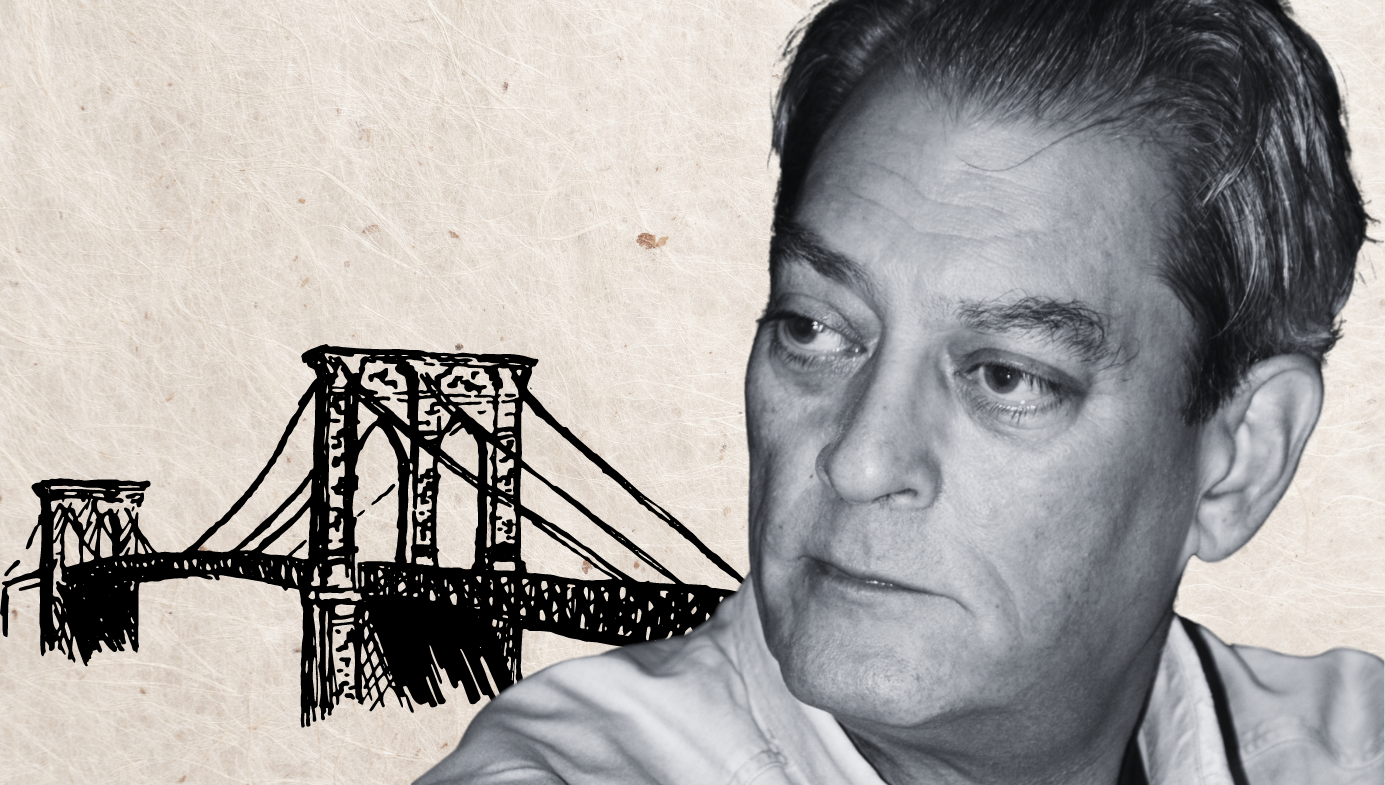Art and Culture
In the Country of Last Things
A look back at the work and impressively productive life of Brooklyn’s most famous resident, Paul Auster.
· 14 min read

Keep reading
Natalism and the Welfare Mother
Stephen Eide
· 6 min read
A New Middle East?
Brian Stewart
· 6 min read
Greta Thunberg’s Fifteen Minutes
Allan Stratton
· 10 min read
Gentrifying the Intifada
John Aziz
· 8 min read
Creative Writing in the Age of Trump
Daphne Merkin
· 7 min read





